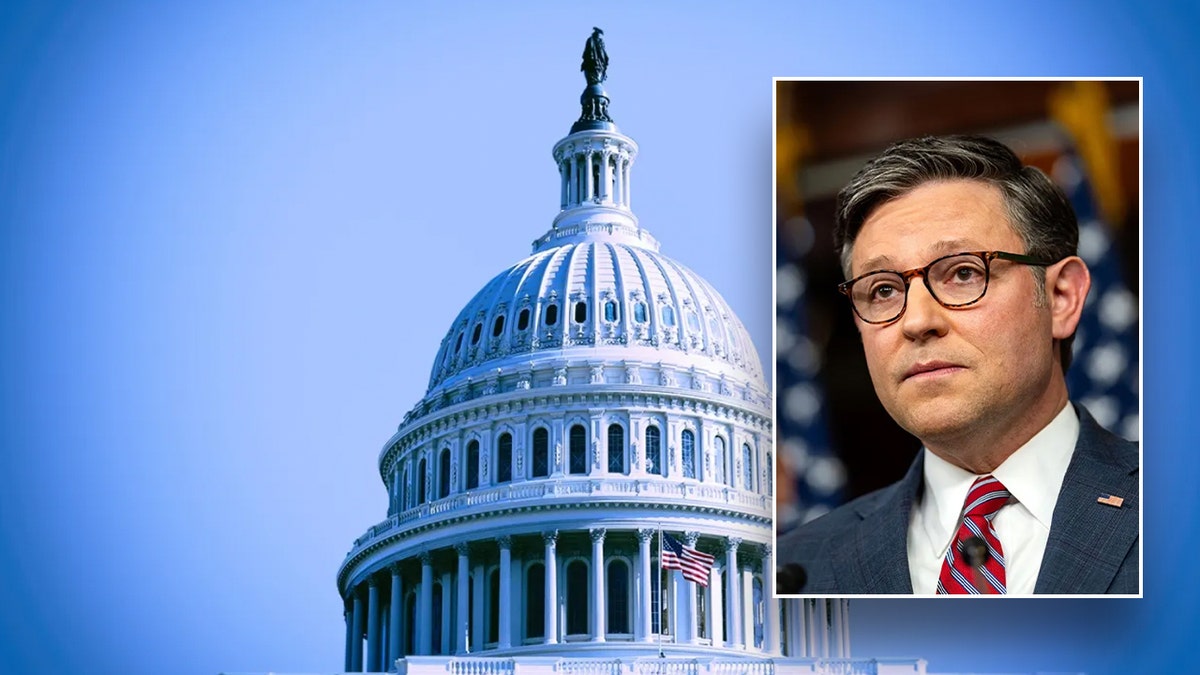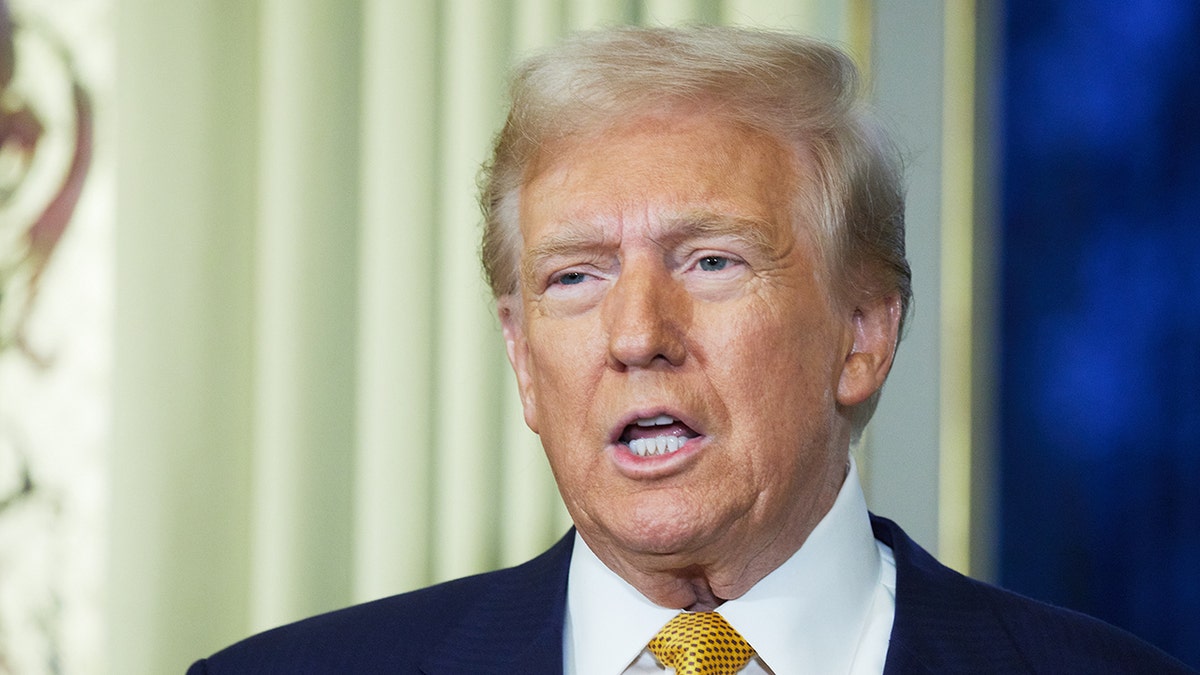The House passed a bill on Friday to prevent a partial government shutdown, just hours before the midnight deadline for federal funding.
The measure, requiring two-thirds support in the chamber, passed decisively with a 366-34 vote.
All Democrats supported the bill except Rep. Jasmine Crockett, D-Texas, who voted “present.”
Lawmakers scrambled to find a way forward after President-elect Trump and his allies blocked an initial bill on Wednesday, and a subsequent bill endorsed by Trump was rejected on the House floor Thursday.

Trump has remained notably quiet on the latest measure, a silence many House Republicans interpret as tacit approval.
Speaker Mike Johnson, R-La., expressed optimism after days of uncertainty, announcing to reporters that a full House vote would take place Friday following a closed-door GOP meeting where leaders outlined their plan.
“We will not have a government shutdown, and we will fulfill our obligations—providing aid to farmers, supporting disaster victims across the country, and ensuring military and essential services workers, as well as everyone relying on federal paychecks, are covered over the holidays,” Johnson said.
However, the national debt has surpassed $36 trillion, and the deficit has exceeded $1.8 trillion.
The proposed legislation, if approved by the Senate, would extend current government funding levels through mid-March. Known as a continuing resolution (CR), it also includes over $100 billion in disaster relief for victims of storms Helene and Milton, along with assistance for the agriculture sector.
In a bid to speed up the process, Johnson bypassed standard House procedures to bring the legislation directly to the floor for a vote, using a strategy known as “suspension of the rules.” However, this fast-track approach raised the passage threshold from a simple majority to two-thirds of the House, making Democratic support crucial.
Mike Johnson Secures Republican Backing to Retain House Speaker Position
Rep. Thomas Massie, R-Ky., told reporters he believed Speaker Mike Johnson had struck a deal with House Minority Leader Hakeem Jeffries, D-N.Y. A longtime critic of Johnson, Massie said he would not support the bill.
“Trump wanted a debt limit increase, and now we’re bringing the exact same bill to the floor without it,” Massie said.
Another Republican lawmaker argued that Johnson would not proceed without Trump’s approval.
“We wouldn’t do it if they weren’t,” Rep. Dan Meuser, R-Pa., said when asked if Trump and Elon Musk were backing the deal.
Trump and Musk were key figures in leading the conservative opposition to the initial plan to prevent a partial government shutdown, a bipartisan agreement reached through negotiations between the top Democrats and Republicans in both chambers of Congress.
The bill, spanning 1,547 pages, would have extended current government funding levels until March 14. However, GOP hardliners were infuriated by what they viewed as unrelated provisions, including a pay raise for lawmakers, healthcare policy changes, and legislation aimed at revitalizing RFK Stadium in Washington, D.C.

Trump-Supported Spending Bill Fails as Shutdown Deadline Approaches
The bill was abandoned after Trump and Musk threatened to push out any lawmaker who refused to support pairing a continuing resolution (CR) with action on the debt limit.
Although the debt limit is suspended until January 2025 through a previous bipartisan deal, Trump urged Republicans to address it now to avoid a prolonged and messy battle early in his term.
The revised funding deal was significantly smaller, coming in at just 116 pages. It removed provisions for the stadium bill and the congressional pay raise but still included funding for the rebuilding of Baltimore’s Francis Scott Key Bridge and disaster relief. It also suspended the debt limit through January 2027.
A House vote on the second plan collapsed after 38 Republicans, opposed to raising or suspending the debt limit, joined all but two Democrats to defeat the bill.
Speaker Mike Johnson met with those dissenting Republicans on Friday morning, alongside Trump’s nominee for the Office of Management and Budget, Russell Vought, and Vice President-elect JD Vance.
The bill that passed the House on Friday does not address the debt limit, but Speaker Mike Johnson assured Republicans in a closed-door meeting that he plans to raise the debt limit early next year as part of a major policy and spending overhaul.
During the meeting, House GOP leaders presented their continuing resolution (CR) plan, alongside a proposal to raise the debt limit by $1.5 trillion, followed by $2.5 trillion in net spending cuts, according to multiple sources speaking to Fox News Digital.
Democrats, after their own closed-door meeting shortly before the vote, largely indicated support for the bill – which they ultimately backed.
President Biden has stated he would sign the bill into law if it passes the Senate and reaches his desk.
